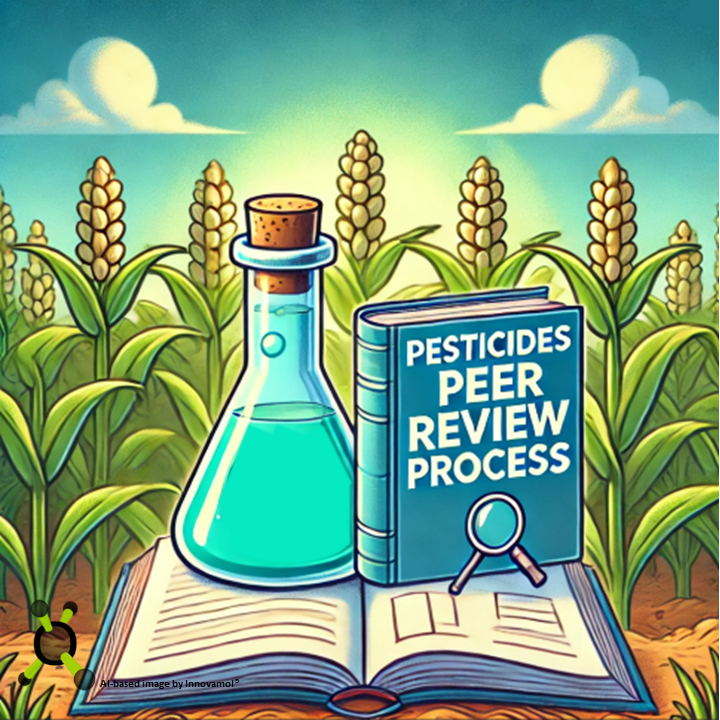Ensuring the safety of agrochemicals, particularly pesticides, is a critical component of modern agriculture and aligns with the goals of the European Green Deal’s Farm to Fork strategy. This strategy, outlined by the European Commission, aims to make food systems fair, healthy, and environmentally friendly by, among other things, reducing the use of chemical pesticides and promoting sustainable farming practices. As the regulatory framework becomes increasingly complex to meet the sustainability goals, the need for robust scientific data to guide the assessment and approval of pesticides becomes ever more vital. In this context, the European Food Safety Authority (EFSA) plays a crucial role in safeguarding the European food chain through its rigorous peer review process for Plant Protection Products (PPP).
EFSA is responsible for providing independent scientific advice on risks associated with the food chain, a task that is fundamental to protecting both public health and the environment. One of its key functions is overseeing the peer review of pesticides to ensure that they are safe for use within the EU. This is part of a broader regulatory system that separates scientific risk assessment from policy-driven risk management, allowing for decisions based on impartial scientific evidence. The Pesticides Peer Review (PREV) unit at EFSA is central to this process, since it manages the assessment of PPPs, developing scientific methods and guidance for evaluating their potential impact on human health and the environment. Peer reviews of these substances are detailed and data-intensive processes that require careful compilation and review of large amounts of scientific information.
In this scenario, it is easy to imagine how scientific data serves as the backbone of the pesticide peer review process. Each evaluation relies on a comprehensive collection of data, from toxicological studies to environmental impact assessments, all of which are processed to determine the safety and efficacy of the active substance in analysis. Of course, this data must be comprehensive and consistent with established scientific guidelines and regulatory requirements. For instance, the preparation of Peer Review Reports (PRR) and Evaluation Tables (ET) involves synthesising information from several sources, addressing open issues, and ensuring that all relevant data points are carefully reviewed and incorporated into the final evaluation. The accuracy and completeness of this data are essential, as any gaps or errors could lead to inaccurate conclusions about the safety of a pesticide.
In this landscape, Innovamol has just embraced a new project for technically supporting EFSA in editing documents related to the pesticides peer review process. This is an important step in expanding our expertise in regulatory science, particularly in the field of agrochemicals, where data collection and peer review are crucial to ensuring public health and environmental safety. This not only builds trust in the regulatory system but also helps guarantee that only the agrochemicals that meet the highest safety standards are approved for use. Indeed, as the agricultural sector evolves and new challenges emerge, such as climate change and biodiversity loss, the role of scientific data in shaping the future of agrochemical use will become even more critical. Through the commitment to high-quality data collection and analysis, our team will collaborate with EFSA to ensure that the safety of the food chain remains a top priority.
“Science is a continuous adventure towards truth” – Jacob Bronowski

